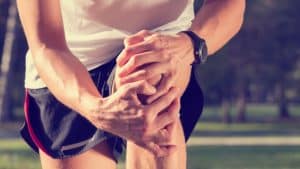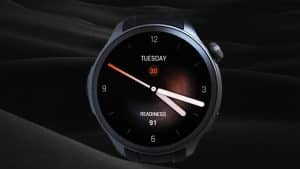Every day, you perform dozens of essential tasks. I’m not talking about a 5-mile run every morning or an hour’s meditation before you go to bed; I’m talking about washing, dressing, and eating. They’re what are known as the activities of daily living (ADL), and when it comes to daily performance, they’re the most important jobs of all.
When a healthcare worker is assessing whether you need medical intervention, such as medication or surgery – or even if they’re deciding whether to discharge you from the hospital – they evaluate how well you can perform your ADLs. Some of the most basic healthcare is trying to help you manage your essential daily activities.
The exact measure of what constitutes an ADL can vary, but a few things normally feature. The narrowest category has five activities: dressing, feeding, bathing/showering, personal hygiene and toileting. One of the most common definitions involves nine categories: bathing/showering, toileting/toilet hygiene, dressing, eating and swallowing, feeding (the setup before putting it in your mouth), functional mobility/movement, personal hygiene and grooming, sexual activity, and personal device care (such as glasses and hearing aids).
Of course, this isn’t a full list of all the things you need to do every day. It’s just the basics. Another concept you might encounter is “instrumental activities of daily living” or IADLs. These are more complicated tasks that may not have immediate consequences if you miss them and could sometimes even be delegated to others. Their main role is in helping you interact with your environment.
This includes things like communication, looking after children, financial management, driving, shopping and religious activities, as well as the more complex parts of organizing a home. All of these activities can improve your quality of life and could cause you major problems if you can’t complete them regularly, but they’re not quite on the same level as eating or going to the toilet.
If you’re having trouble with ADLs and IADLs, the person to help is probably an occupational therapist. These are healthcare providers who specifically focus on helping you complete meaningful activities. They’ll assess your current situation, then develop a plan to help you develop or regain the essential skills that you are missing.
Every activity you do every day contributes to your daily performance. Don’t dismiss the basic tasks that are essential to living.




